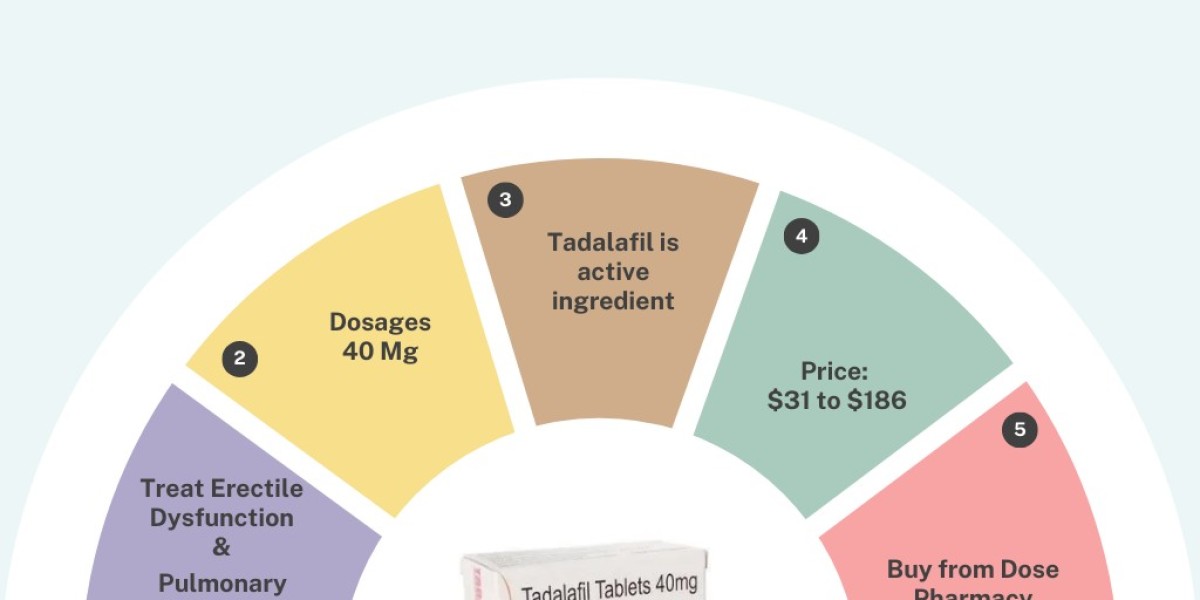Buy Isotretinoin Online commonly known by its brand name Accutane, is a powerful medication used to treat severe acne, particularly when other treatments have failed. Unlike topical or oral antibiotics that target bacteria, isotretinoin works by addressing one of the root causes of acne: excessive oil production in the skin. This article explores how isotretinoin effectively treats severe acne through its impact on oil production, its benefits, potential side effects, and considerations for use.
Understanding Acne and Its Causes
Acne is a common skin condition characterized by the presence of pimples, blackheads, whiteheads, and cysts. It primarily affects adolescents but can persist into adulthood. Acne develops when hair follicles become clogged with oil (sebum) and dead skin cells. The clogged follicle creates an environment conducive to bacterial growth, leading to inflammation and the formation of acne lesions.
Several factors contribute to the development of acne, including hormonal changes, genetics, and environmental factors. Among these, excessive sebum production is a critical factor. Sebum is an oily substance produced by sebaceous glands in the skin. While sebum is essential for maintaining skin hydration and protection, overproduction can lead to acne.
How Isotretinoin Works
Isotretinoin is a derivative of vitamin A and is classified as a retinoid. It is considered one of the most effective treatments for severe acne due to its multifaceted approach to managing the condition:
Reducing Sebum Production
One of isotretinoin’s primary mechanisms of action is its ability to reduce sebum production. The medication targets sebaceous glands in the skin, decreasing their size and activity. By significantly reducing the amount of oil produced, isotretinoin helps prevent the clogging of hair follicles, thereby reducing the formation of acne lesions.
Promoting Skin Cell Turnover
Isotretinoin also enhances the turnover of skin cells. It promotes the shedding of dead skin cells from the surface of the skin and within the hair follicles. This action helps to prevent the buildup of cells that can contribute to follicle clogging and acne formation.
Decreasing Inflammation
Another important effect of isotretinoin is its anti-inflammatory properties. The medication helps to reduce the redness, swelling, and discomfort associated with acne lesions. By addressing inflammation, isotretinoin improves the overall appearance and texture of the skin.
Inhibiting Bacterial Growth
Although not its primary function, isotretinoin indirectly helps to reduce bacterial growth in the follicles. By preventing the buildup of sebum and dead skin cells, it creates a less favorable environment for acne-causing bacteria such as Propionibacterium acnes.
Benefits of Isotretinoin
Buy Accutane Online is highly effective in treating severe acne, and its benefits are well-documented:
Long-Term Remission
One of the most significant advantages of isotretinoin is its potential to provide long-term remission of acne. Many patients experience a substantial reduction in acne lesions and an improvement in skin appearance that can last for years after completing treatment.
Reduced Need for Other Treatments
By addressing the underlying causes of severe acne, isotretinoin can reduce or eliminate the need for other treatments such as oral antibiotics or topical medications. This can simplify the treatment regimen and reduce the risk of antibiotic resistance.
Improved Quality of Life
Severe acne can have a profound impact on a person’s self-esteem and quality of life. Effective treatment with isotretinoin can lead to significant improvements in skin condition, which often translates into enhanced self-confidence and overall well-being.
Potential Side Effects
Despite its effectiveness, isotretinoin is associated with several potential side effects. It is important for patients to be aware of these and to work closely with their healthcare provider to manage them:
Dry Skin and Mucous Membranes
Isotretinoin frequently causes dryness of the skin, lips, and mucous membranes. Patients may experience peeling, chapped lips, and dry eyes. Using moisturizers and lip balms can help alleviate these symptoms.
Photosensitivity
Increased sensitivity to sunlight is another common side effect. Patients are advised to use sunscreen and avoid excessive sun exposure to protect their skin.
Mood Changes
Some individuals may experience mood changes or symptoms of depression while on isotretinoin. Regular monitoring by a healthcare provider is essential to address any mental health concerns.
Teratogenicity
Isotretinoin is highly teratogenic, meaning it can cause severe birth defects if taken during pregnancy. Women of childbearing age must use effective contraception and undergo regular pregnancy tests during treatment.
Considerations for Use
Pre-Treatment Assessment
Before starting isotretinoin, a thorough assessment by a healthcare provider is essential. This includes evaluating the patient’s overall health, medical history, and potential risk factors.
Pregnancy Prevention
For women of childbearing age, a comprehensive pregnancy prevention program is required before, during, and after treatment with isotretinoin. This includes counseling on contraceptive methods and regular pregnancy testing.
Ongoing Monitoring
Regular follow-up appointments are necessary to monitor the patient’s response to treatment and to manage any side effects. Blood tests are often conducted to assess liver function and lipid levels.
Conclusion
Isotretinoin is a potent and effective treatment for severe acne, particularly when other therapies have proven inadequate. By significantly reducing oil production, promoting skin cell turnover, and decreasing inflammation, isotretinoin addresses the core issues contributing to acne. While its benefits are substantial, awareness and management of potential side effects are crucial for ensuring a safe and successful treatment course. Through careful monitoring and adherence to treatment guidelines, patients can achieve significant improvements in their skin condition and overall quality of life.



